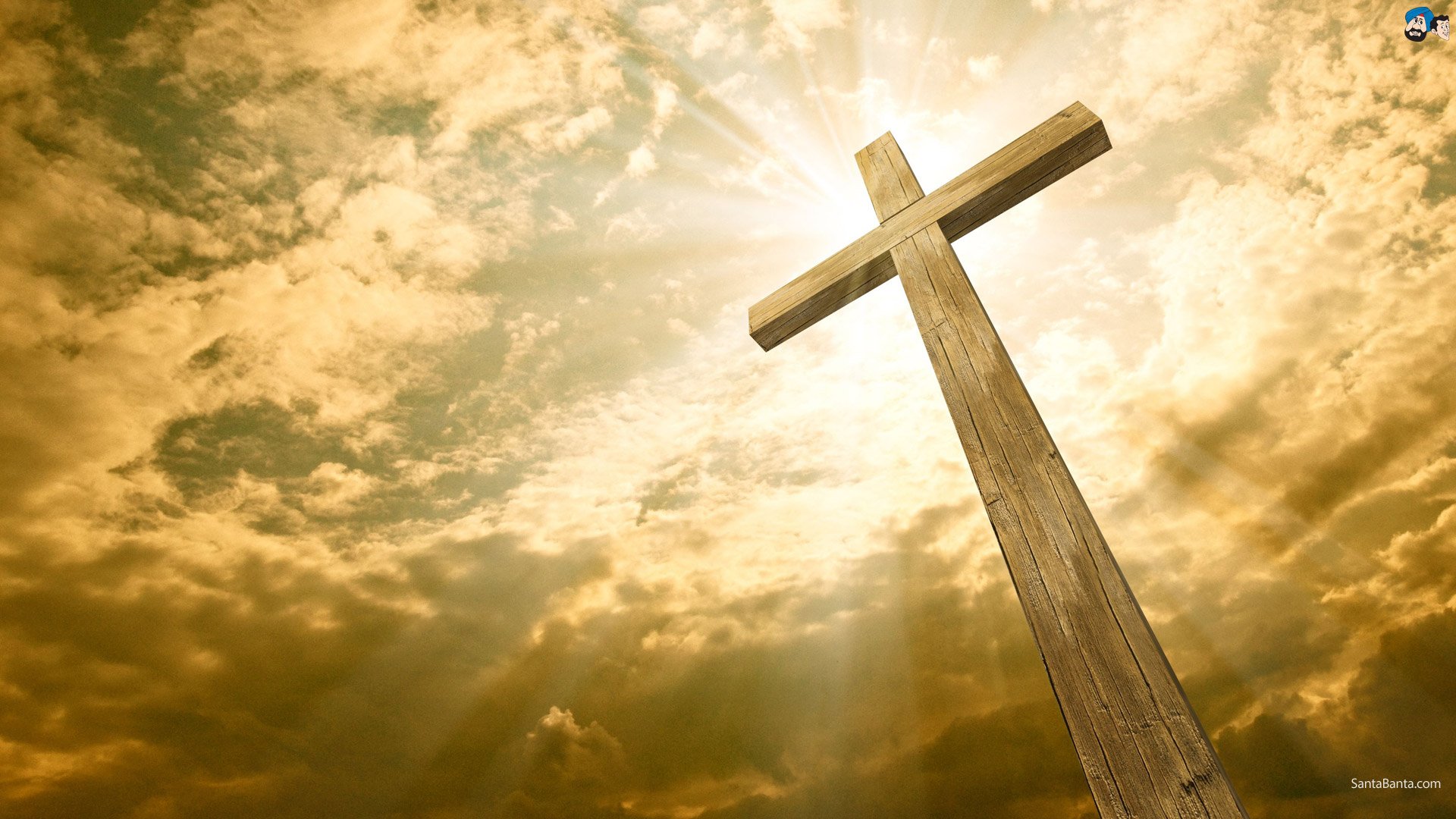PS: This article is written by someone I know. I just did the translation. But, I have found out that it was bought on the internet, I think part of it. If this is not acceptable on steemit, feel free to comment. Thank You.
source
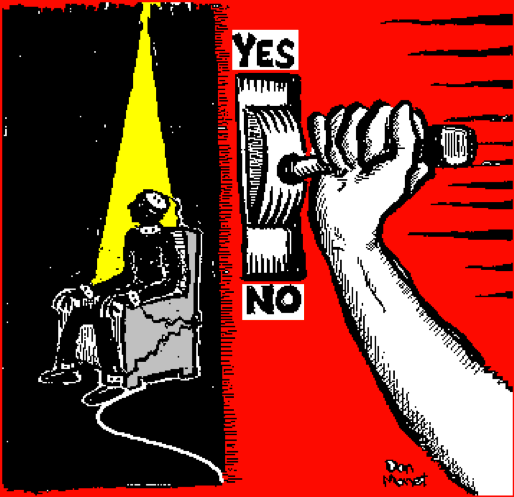
image source
Have you ever tried to put yourself in the families of the executed convicts and shared their sufferings even at the least? Or had the slightest hope that you will be left alive after you were set to a firing squad? Things are not that easy when you only met them half-way. I am so desperate for change but I still believe that everybody deserves a second chance. Odds are you have.
Nailagay mo na ba ang sarili mo sa sitwasyon na isa sa iyong meyembro ng pamilya ay nahatulan ng kamatayan sa kanyang kasalanang nagawa? O kaya ikaw ang nasa sitwasyon na bibitayin pero may katiting ka na pag.asang nararamdaman kahit ipa firing squad ka pa? Di madali ang buhay kapag ikaw ang nasa sitwasyon na yan. Gusto ko ng pagbabago pero naniniwala ako na ang lahat ay nararapat na bigyan ng pangalawang pgkakataon.
Life is sacred./Ang buhay ay sagrado.
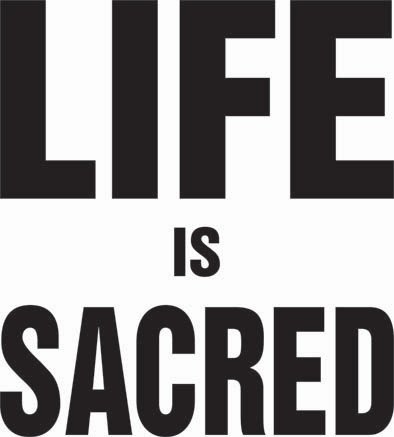
image source
This is an ideal that the majority of people can agree upon to a certain extent. For this reason taking the life of another has always been considered the most deplorable of all crimes, one worthy of the harshest available punishment. Thus arises one of the great moral dilemmas of our time. Should taking the life of one who has taken the life of others be considered an available punishment? Is a murderer's life any sacred than that of the victim's? Can capital punishment, death penalty, execution, legal murder, or whatever a society wishes to call it, be morally justifiable? The underlying question in this issue is if any kind of killing regardless of reason, can be accepted.
Lingip sa karamihan na ang buhay ay sagrado at ito ay totoo. Kaya naman, talagang di katanggap tanggap kapag ang isang buhay ay kayang kaya na lang kukunin ng ibang tao. Dahil dito, masasabi nating kung anu ang kinuha ay siy ring kabayaran pero uusbong naman ang mg tanong na gaya nito: Makabuluhan ba na kunin mo ang buhay ng isang tao na may sala sa pagkuha ng buhay ng iba? Mas sagrado ba ng buhay ng biktima kaysa sa suspek o vice versa? Ang kamatayan na hukom ba ay makatwirang gamitin at i-emplementa? Higit sa lahat, ang pinakaimportanteng isyu dito ay kung sa kung anung kaparusahan ba ay katanggap tanggap.
If a society punishes a murderer by murdering them what are we saying about violence?/Kung ang lipunan ay paparusahan ay isang mamamatay ng kamatayan, di ba ito isang uri ng karahasan?
The first justification for the claim that the capital punishment is immoral is the idea that it creates a climate of violence. Our society teaches its children that violence does not solve anything, and yet our highest form of punishment is no different from the crime it punishes. There is almost concrete type proof that the death penalty is applied more often to people of lesser income, than the more fortunate people. Why does criminal justice system seek the death penalty in cases in dealing with lower class criminals more often than in cases in dealing with wealthy criminals? It is nearly impossible, even upon conviction, to execute an individual of wealth, one who is represented by nine attorneys and no one knows how many investigators who assist them. A wealthy defendant can afford to defend himself better than a poor defendant: by posting bail, hiring attorneys of their choice, hiring investigators, and doctors and experts of their choice. The poor defendant is forced to accept the state assigned defense attorney that is working on at least three other cases so probably isn't going to work as harder on the case. The death penalty magnifies social and economic inequalities. It isn't reserved for the worst crimes, but for the defendants with the worst lawyers. It doesn't apply to people with money.
Ang parusang kamatay ay nagdudulot lang ng karahasan sa lipunan at yan ay napatunayan na. Ang ating lipunan ay nagtuturo sa mga kabataan na ang karahasan ay bawal at di katangap tanggap ngunit tinuturo din nito ang parusang kamatayan na di naman nalalayo sa karahasan. Maraming aspeto at concretong basehan na ang parusang kamatayan ay di pantay sa panlipunan at ekonomiyang stado ng isang tao. Isa na dito ang sa pera. Karamihan ng nasasakdal ay mga mahihirap at kung may mayayaman man, makakalusot rin.
Death penalty is not the solution against criminality./Ang parusang kamatay ay di solusyon sa kriminalidad.
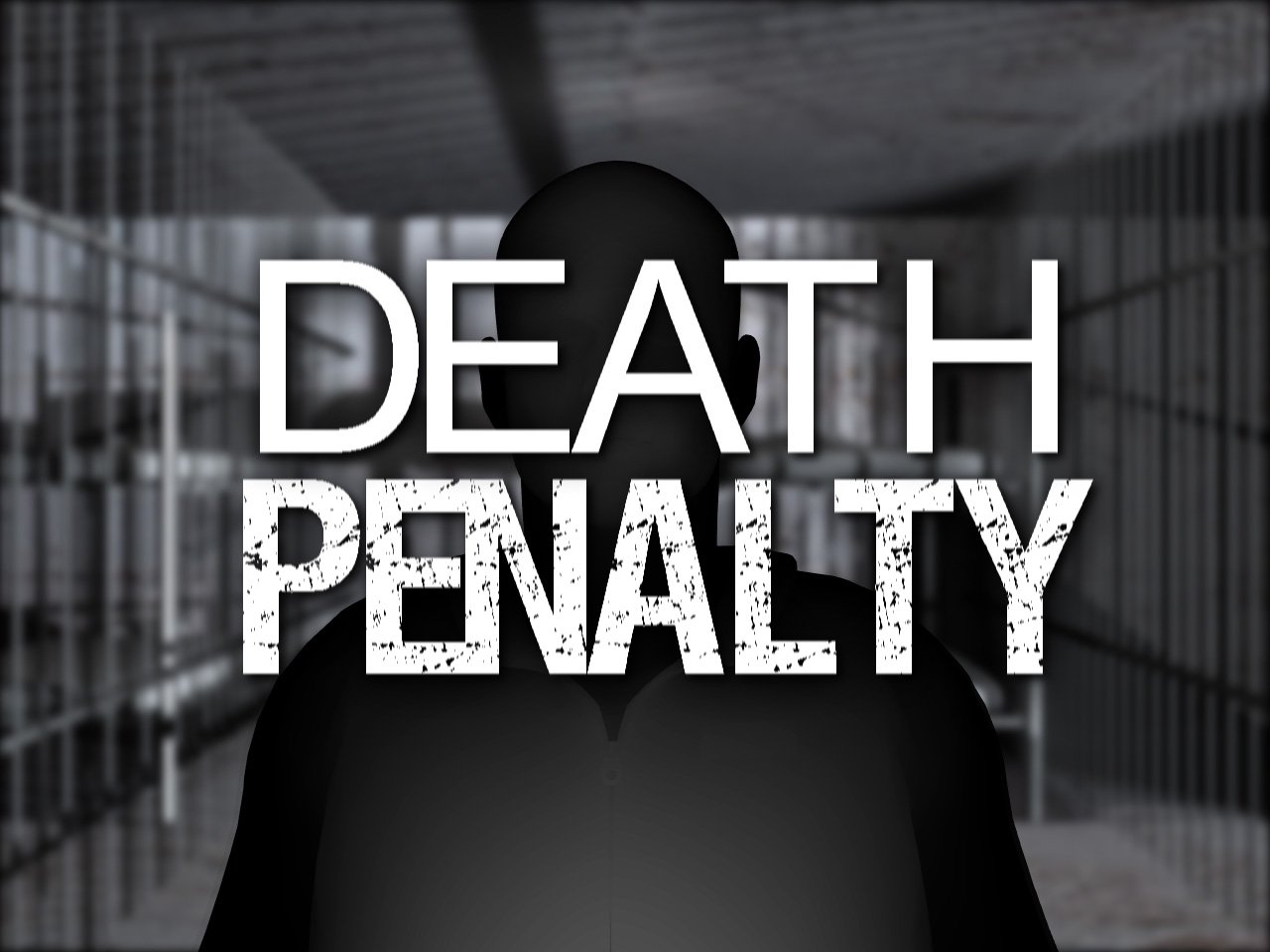
image source
Some might say that the death penalty is a deterrent to crime; however, there is no credible basis that it indeed reduces crime compared to other punishments. Instead of implementing this kind of punishment, the government should ensure the police are chasing and catching criminals to improve the peace and order situation in a country. In addition, the problem is the lack of effective and efficient law enforcement. What deters criminality is faithful and diligent enforcement of laws. It is the most effective key to reduce crime. It is the certainty of being caught and punished that is deterrent, not the severity of the punishment. No matter how scary the consequences may seem, if the police fails to arrest these criminals, then crime will still be widespread.
Karamihan ay nagsasabi na ang parusang kamatay ay may malaking epekto sa pag baba ng krimen sa isang lipuna pero wala namang sapat na statistika na nagpapatunay nito. Kesa sa pagpapatupad ng ganitong sistema, bakit di nalang pa.igtingin ang kapolisan at ang pagdakip sa mga kriminalidad para sa kaayusan ng bansa at pag baba ng kriminalidad. Ang problema ay nasa pag implementa ng batas kontra krimen. Ang posibelidad sa paghuli ng isang kriminal ang nakakapababa ng kriminalidad at hindi yung kaukulang parusa na malala.
Life imprisonment, better than death penalty./Habambuhay na pagkakakulong, mabuti kesa parusang kamatayan.
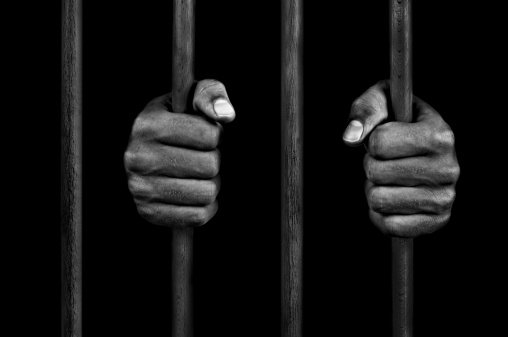
image source
If the ultimate purpose of the death penalty were to serve justice to the victims, wouldn't that already be satisfied with life imprisonment instead? If we kill the person who has killed another person, would that bring the victim's life? No, and it doesn't benefit the families of the victim either. To take a life when a life has been lost is revenge, not justice. Life imprisonment is an alternative solution. If the purpose of the death penalty were to punish criminals, then wouldn't it be better if they suffered all their life, rather than be killed in an instant? They would restrained of their freedom while being haunted by the crime they have committed for as long as they live. Furthermore, death penalty is irrevocable. If the convict was later found innocent, you can always release him from prison, but never from the grave.
Mas malapit sa ideya ng hustisya ang habambuhay na pagkakakulong kesa sa parusang kamatayan. Dahil ang pagpatay ay di matatawag na hustisya kudi paghihigante. Kasi di naman maibabalik ang buhay ng isang biktima kapag napatay mo ang suspek. At higit sa lahat ang parusang kamatayan ay di na pwedeng bawiin kapag naisagawa na, kapag napatunayan na inosente ang isang tao, pwede mo siyang palayain sa kulungan ngunit di sa hukay.
Final thoughts./Pangwakas na saloobin.
I take the opposing stand among others who are against it. I am against the death penalty, not out of sympathy for the criminals, but because it is wrong for many reasons. Death penalty is ineffective, inhumane, and only promotes violence as a solution to violence. In consideration to fairness, the execution of a criminal cannot compensate for the crime he committed. Letting them live even in a cramped cell may even transform them for good and become totally rehabilitated to fit once again in the society. The action also offers the victim another opportunity for a better life. If the death penalty will be administered immediately, the action could not only amount to violation of human rights in the most cruel manner, but would also deny an innocent person an opportuniy to life.
Di ako sangayon sa parusang kamatayan di dahil naaawa ako sa isang kriminal kudi dahil sa mraming rason. Ang parusang kamatayan ang di epektibo, di makatao, at sumusulong sa isang ideya na ang karahasan ay matatapos lamang sa karahasan. Mas mabuti pang ikulong ang isang kriminal dahil pwede pa siyang magbago para maging katanggap tanggap parin sa lipunan. Dapat bigyan ng karapatang mabuhay ang isang tao kahit anung klaseng tao pa siya.
Only God who can terminate the existence of a person and that every human being is entitled to fundamental rights, one being the right to live.
Ang Diyos lamang ang pwedeng kumuha ng buhay ng tao at ang tao bilang isang may-buhay ay mga karapatang dapat tinatamasa, isa na ang karapatang mabuhay.
"best of time"

